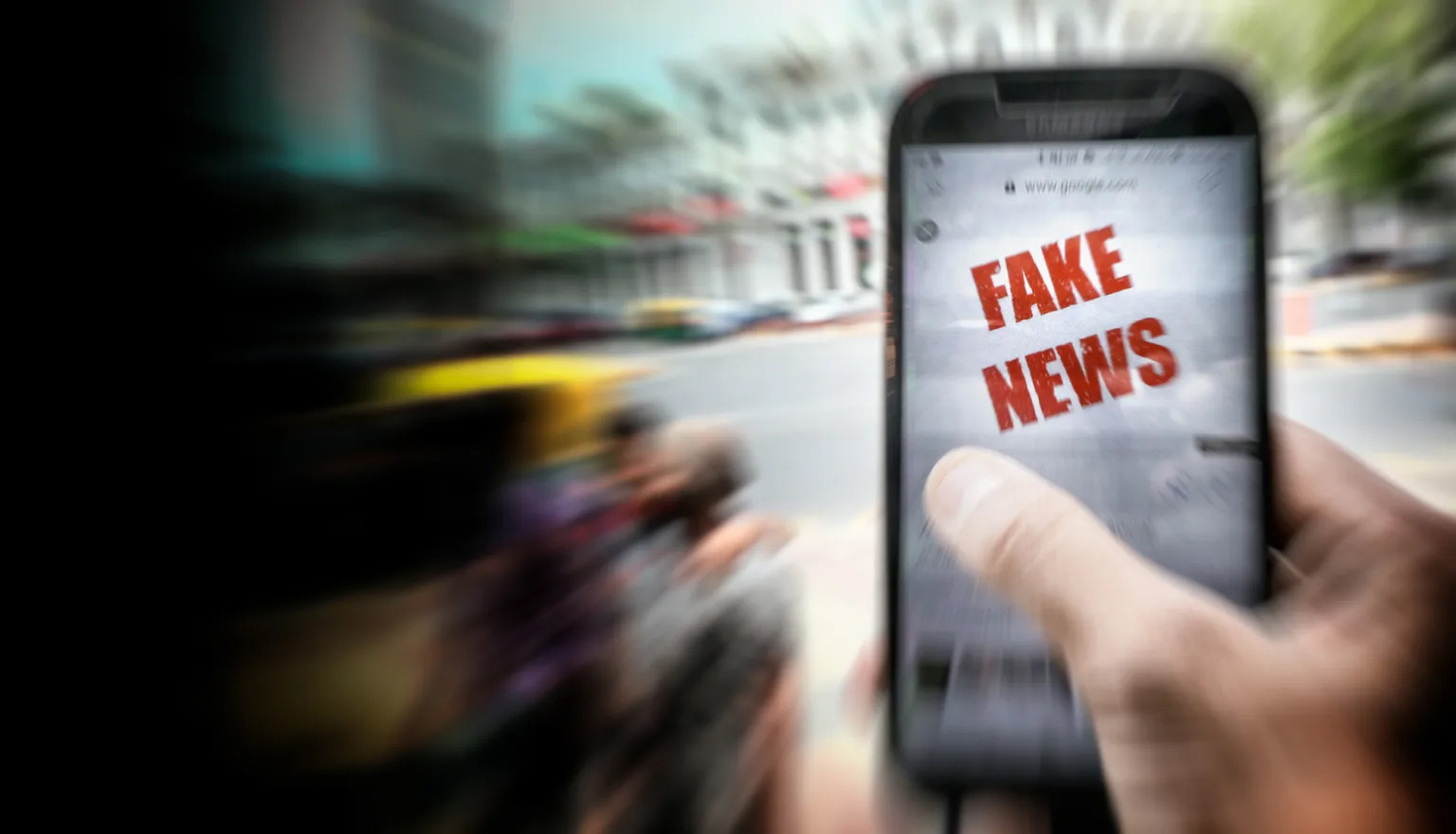Media and information literacy has been a staple programme of Media Monitoring Africa (MMA) for 26 years, but it has tended to focus on children being equipped with critical media and digital literacy skills (read more about it here and here).
In recent years, the significance of upskilling South Africans and integrating them into digital literacy initiatives has become increasingly vital. Rather than employing conventional methods, we’ve focused on fostering a movement that empowers every citizen to champion combating mis- and disinformation. Understanding the dynamics of disinformation dissemination and its amplification through engagements has been pivotal in shaping our approach.
American journalist Linda Ellerbee said: “Media literacy is not just important, it’s absolutely critical. It’s going to make the difference between whether kids are a tool of the mass media or whether the mass media is a tool for kids to use.”
Switching out the words “kids” for “adults” in the quote shows how media and information literacy can and should be seen as increasingly important to adults, not just to ensure they can operate as effective digital citizens but also as a core means of combating mis- and disinformation.
Writing for the Stanford Social Innovation Review, Kristin Lord and Katya Vogt argue: “If the world is going to stop deliberate or unintentional misinformation and its insidious effects, we need to radically expand and accelerate our counterattacks, particularly human-centred solutions focused on improving people’s media and information literacy.”
On many levels it’s obvious, if readers, audiences and social media platform users have high levels of digital media literacy they are less likely to fall for and/or share mis and disinformation. But, like having regular power, things are often easier said than done.
 Mis- and disinformation wants us not to think, not to pause, not to be critical. (Photo: Unsplash)
Mis- and disinformation wants us not to think, not to pause, not to be critical. (Photo: Unsplash)
It is why we have launched our CRITICAL campaign. The name itself is a set of practical tips to help people engage in a more considered, critical manner.
Read more in Daily Maverick: Africa the target of a surging disinformation tsunami, mainly generated by Russia
Mis- and disinformation often gains traction because it has a grain of truth, it seeks to seemingly add another perspective or elements, and it does it usually by driving at an emotional response – content that seeks to outrage, anger, instil fear and/or heighten anxiety.
Mis- and disinformation wants us not to think, not to pause, not to be critical. The moment we do pause before we publish, comment and like, the moment we do think carefully about what we are seeing, is when we are likely to realise the content is misleading.
Here’s a taster of what will be covered:
- Spotting a deepfake can be challenging, but with CRITICAL you can become adept at identifying these manipulated videos;
- Look for inconsistencies in facial expressions, such as unnatural movements or lack of synchronise between lips and speech;
- Pay attention to anomalies in lighting and shadows, as well as any inconsistencies in audio quality; and
- Verify the source of the video and cross-reference it with other trusted sources to confirm its authenticity.
Being CRITICAL requires a set of skills, and through the campaign we will be focusing on skills each week to encourage those who want to join the movement by signing up or following to test themselves.
We have worked with local experts in developing the content and we made sure it is accessible and fun. Those who are keen can sign up and spot content they think is mis- or disinformation. The focus for us will be to work with media partners and others in civil society to ensure it isn’t a one-off campaign, but is ongoing so that we can ensure that as techniques and technologies change the CRITICAL content will be adapted to meet emerging needs. As a partnership CRITICAL will be led by MMA and the supporters of CRITICAL.
Read more in Daily Maverick: 2024 elections
There is no doubt that mis- and disinformation pose a real threat to our elections. There are a range of initiatives aimed at mitigating this, from the Real411 platform run with the IEC, to fact checking with Africa Check. In addition, there are a host of experts from the University of Pretoria, the CSIR, DFR Labs, Murmur, CABC and the LRC all set and ready to analyse and investigate network behaviour and dangerous narratives. These are undoubtedly the most-watched South African elections from a social media perspective. In this series we address current and emerging issues relating to online harms. DM
William Bird is the director of Media Monitoring Africa (MMA). Nomshado Nkosinkulu is communications manager at MMA.




 Mis- and disinformation wants us not to think, not to pause, not to be critical. (Photo: Unsplash)
Mis- and disinformation wants us not to think, not to pause, not to be critical. (Photo: Unsplash)